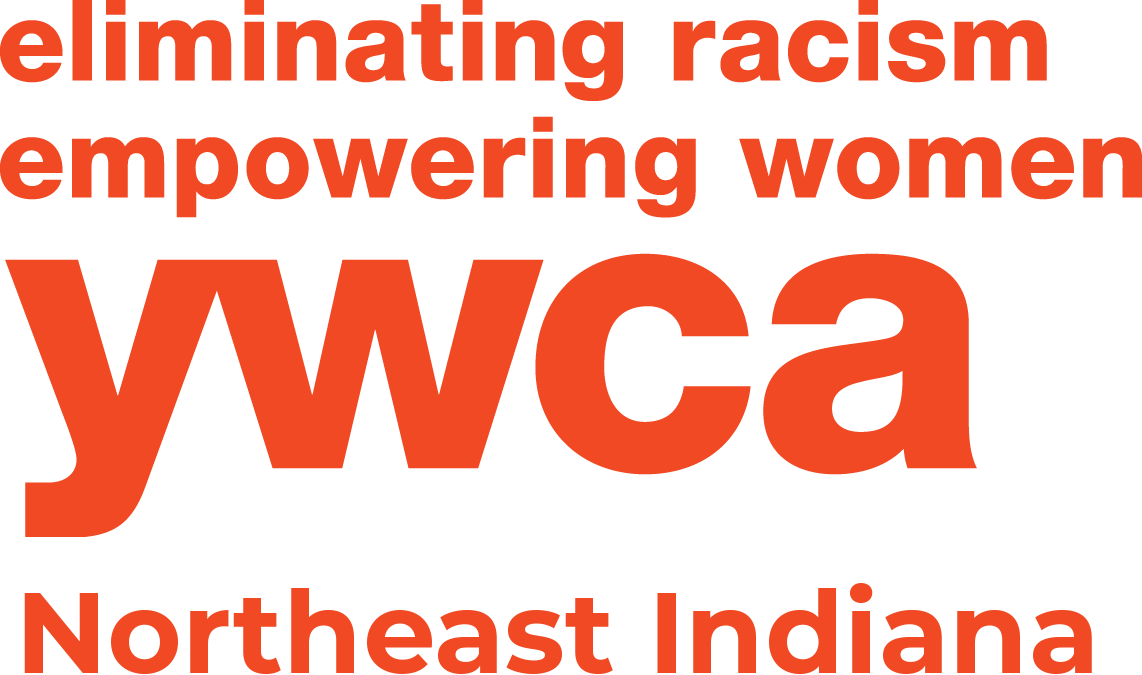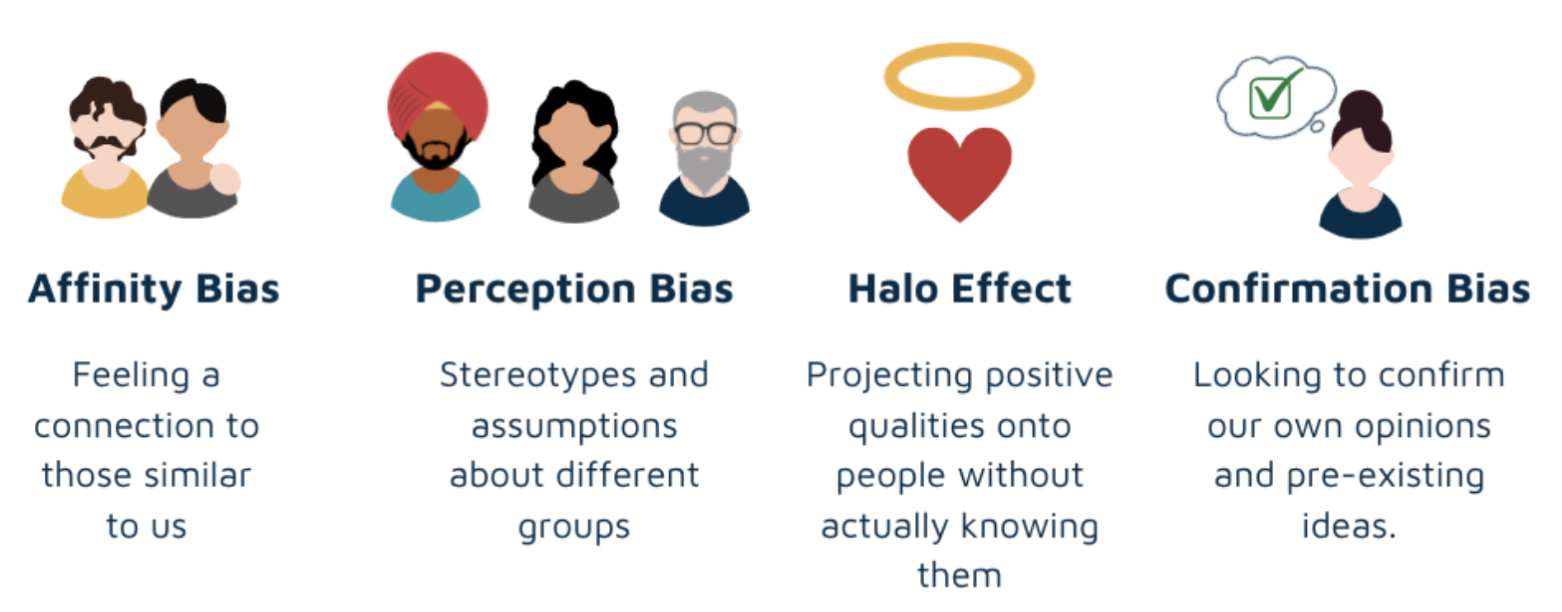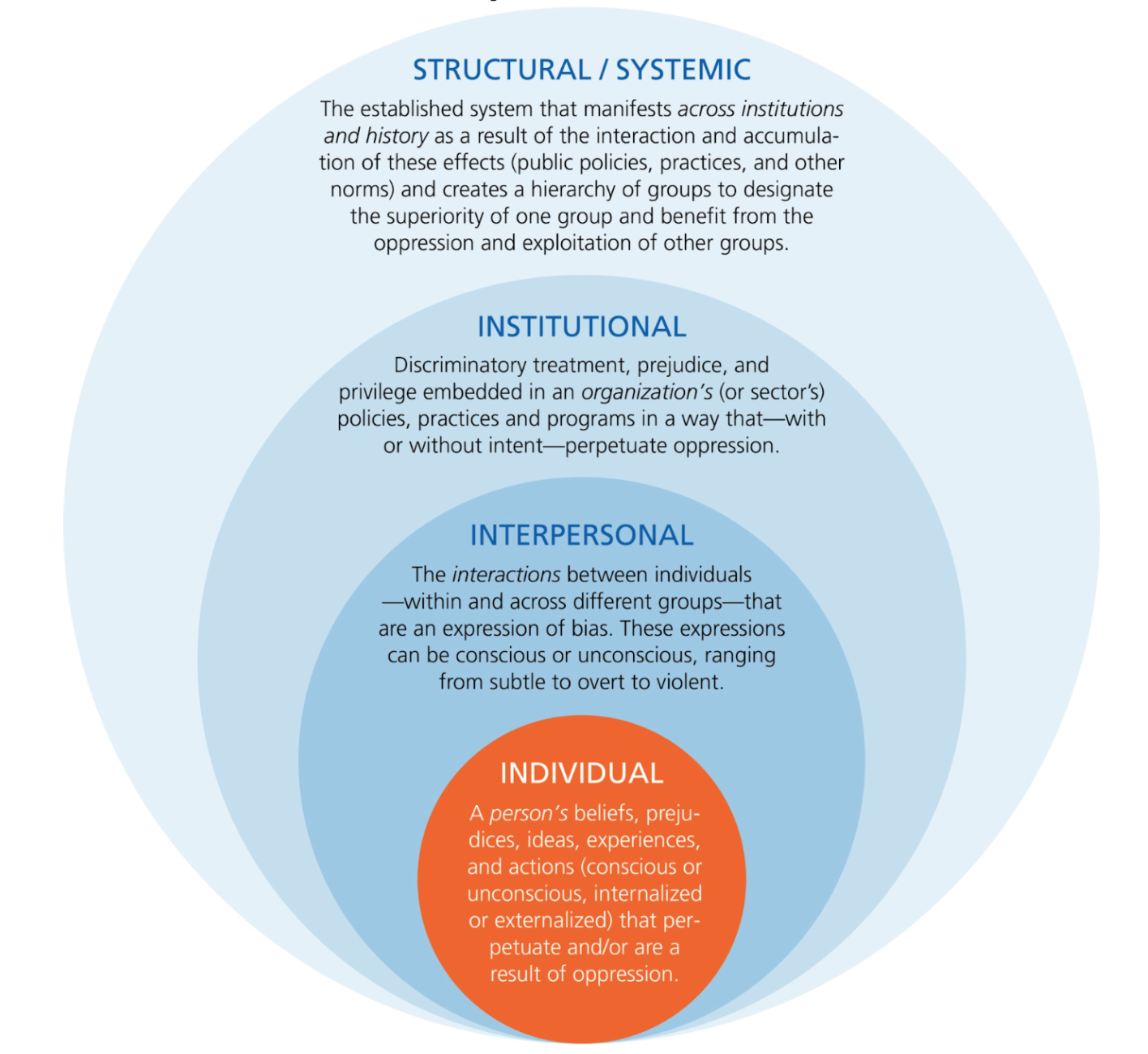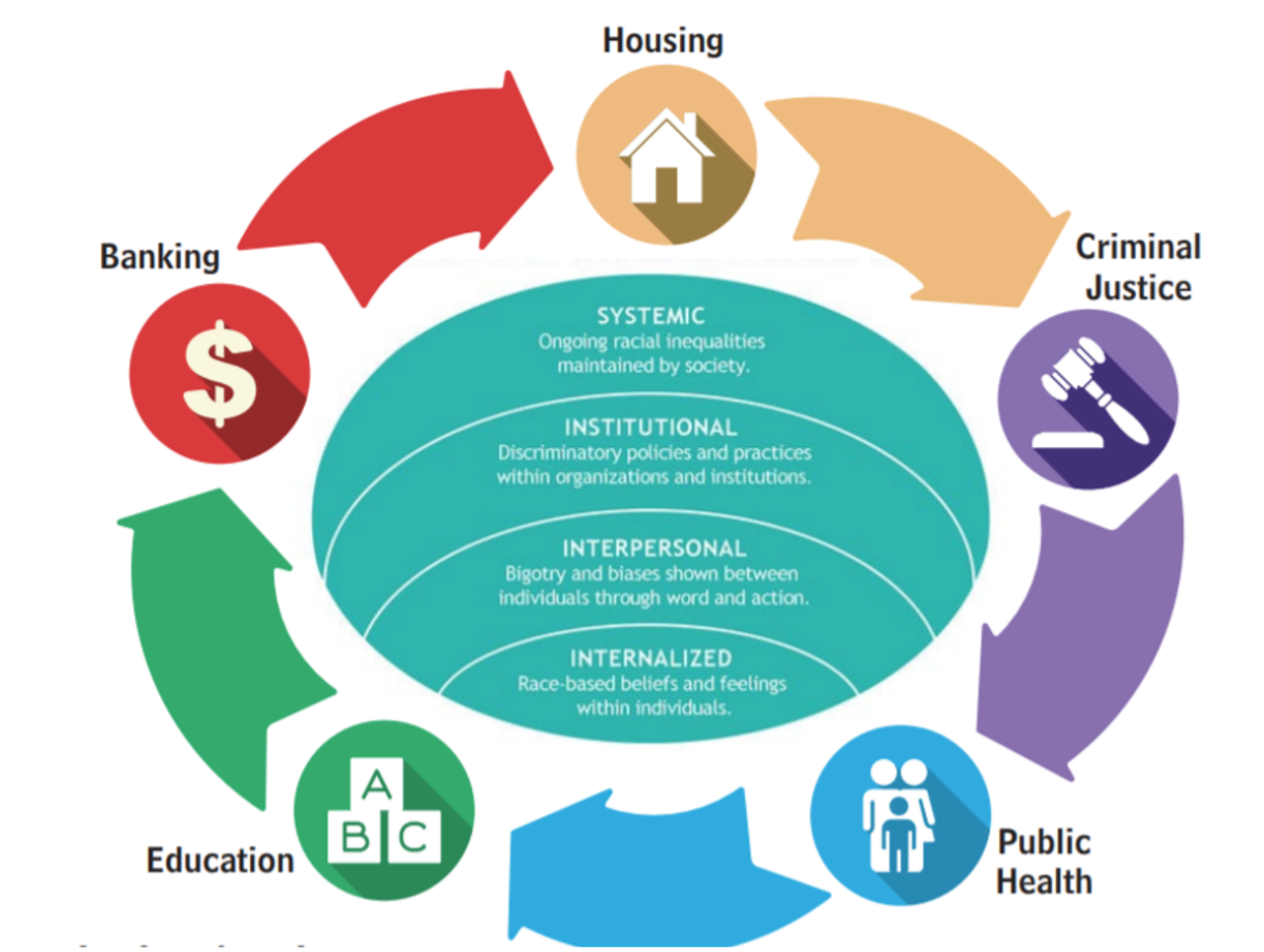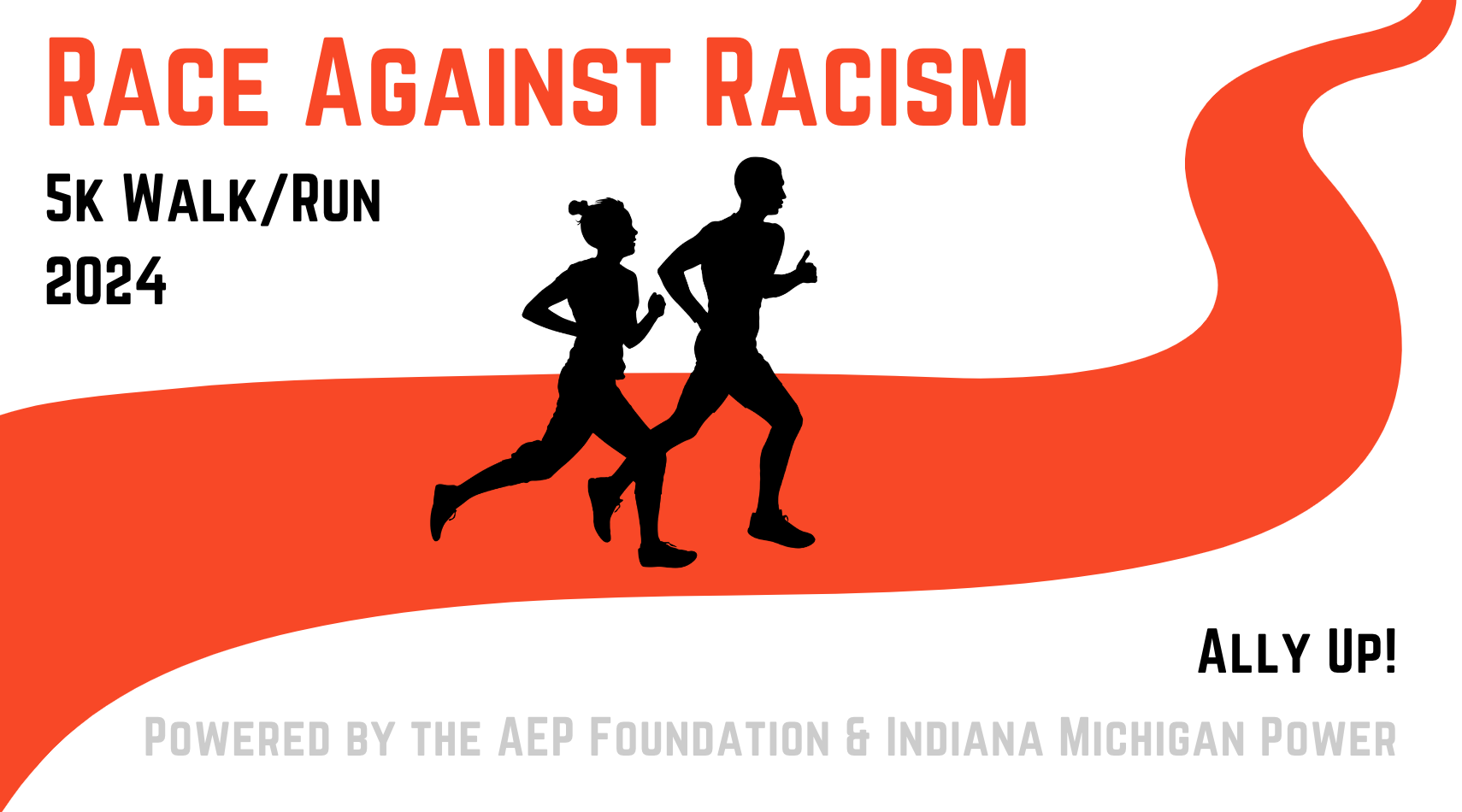
Couch to 5K Training Plan
Download the training plan to access links to the resources included on this 10 week guide!
Thank you to Lynn Marbach and Three Rivers Running Company for creating and endorsing this Couch to 5K Training Plan!
Learn more and Register here for our April 27th 5K event at PFW.
In the following weeks, as we prepare our bodies for the Race Against Racism, YWCA Northeast Indiana will be providing some information and insights into our Racial Justice program.
Weeks 1-4 are videos and readings that are a part of our own internal education. We invite you to engage in this shared content, which includes a focus on allyship, a strong feature of our Racial Justice program.
Week 5 focuses on allyship. Understanding the need for allyship is an essential part of racial justice work.
WEEKS 6-7 focus on the impact of institutional racism across social sectors. It is necessary that we are actively combating racism’s effect.
WEEK 8 emphasizes the benefits of diversity, including the benefits of diversity in workplace culture.
WEEKS 9-10 are meant to share with participants what YWCA’s Racial Justice program has been working on in the last year and offer opportunities for you to engage in our program all year long!
Couch to 5K Resources
Embracing cultural diversity benefits everyone in society. By allowing people to show up to shared spaces, we are encouraging authenticity and acceptance. As many different racial and ethnic cultures are increasingly represented in all sectors of society, it benefits us all to practice diversity.
Why Diversity? Diversity is a naturally occurring phenomenon in nature.
Diversity is the practice or quality of including or involving people from a range of different social and ethnic backgrounds and of different genders, sexual orientations, etc.
From the Training Plan
- Understanding Human Diversity – Community Psychology (22 mins)
- Historical Foundations of Race (30 min)
Additional Resources
- A Conversation with White People on Race (6 mins)
- A Conversation about Growing Up Black (6 mins)
- A Conversation with Black Women on Race (6 mins)
- A Conversation with Latinos on Race (7 mins)
- A Conversation with Native Americans on Race (7 mins)
- A Conversation with Asian Americans of Race (8 mins)
- A Conversation with Police on Race (7 mins)
- Whiteness – Watch, Read & Respond (30 min)
Bias is a preference for or against something that affects our actions and decisions. More than individual inclinations, biases are learned behaviors influenced by cultural conditioning. Recognizing the roots of our biases is helpful in evolving our behavior away from inflicting harm on those who are different from us.
TYPES OF UNCONSCIOUS BIAS
From the Training Plan
- Allegories on Race & Racism-TedTalk (20 mins)
- “How Does Implicit Bias Influence Behavior?” (Verywell Mind)
Additional Resources
- “The Look” video – Read & Respond (1 hr)
- Proctor & Gamble – Talk About Bias
We are all born into a system of classification that values or devalues parts of our identity. RACISM is a system that impacts one’s experience according to the color of their skin. Two experiences that are a result of this social/racial hierarchy are privilege and intersectionality.
PRIVILEGE is defined as the unearned social, political, economic, and psychological benefits of membership in a group with institutional and structural power.
INTERSECTIONALITY the framework of understanding how individual and group identity overlaps in shared systems of oppression, privileges, domination and discrimination.

From the Training Plan
- The Urgency of Intersectionality-TedTalk-Kimberle Crenshaw (19 mins)
- How Those With Power and Privilege Can Help Others Advance(40:28) from the HBR IdeaCast podcast about using your privilege to be a better ally in the workplace.
Additional Resources
- Social Identities and Systems of Oppression – Watch, Read & Respond (30 min)
- US Immigrants Bust Myths
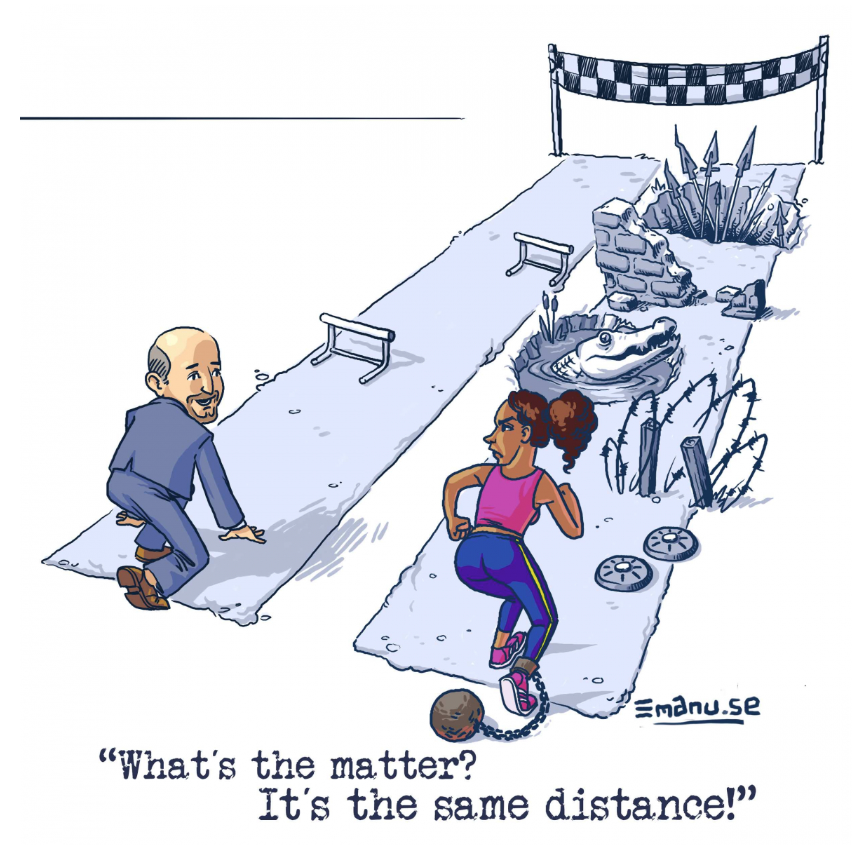
Structural Racism Illustration by Emanu
YWCA’s Racial Justice program believes that “Allyship” is defined as “One that is associated with another as a helper; a person or group that provides assistance and support in an ongoing effort, activity, or struggle. Allyship is not easy nor is it convenient. Being an ALLY takes purposeful and consistent effort.
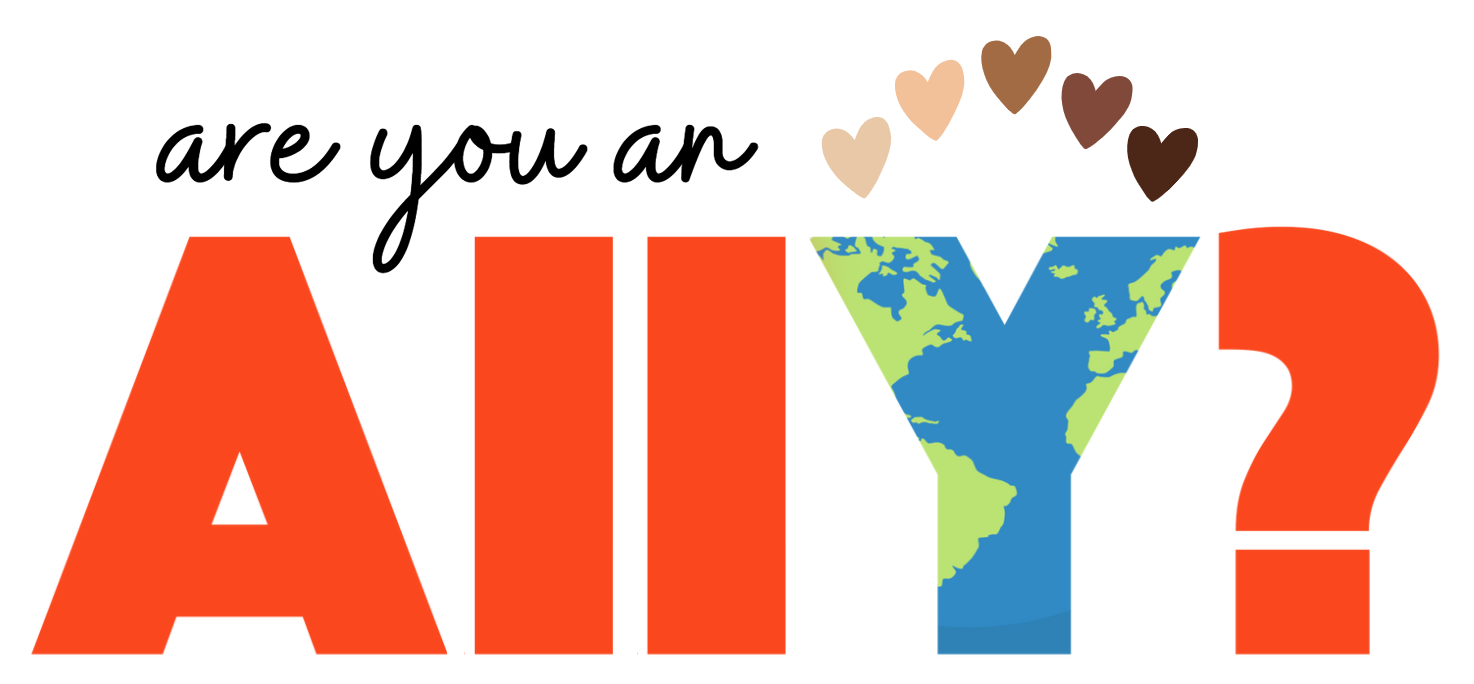
From the Training Plan
- Being Anti-Racist (1 hr)
- Allyship: Leading with Collective Work in Mind (40 min)
Additional Resources
The impact of racial identity can be experienced at individual levels but is also present in various societal sectors (Economy/Wealth, Housing, Criminal Justice, Education and Mental & Physical Health)… Disparate outcomes reveal more about the social system’s treatment of racial minorities than they reflect truths about minority race cultures themselves. A part of our Racial Justice program work includes helping potential allies identify where their intervention may be useful.
From the Training Plan
- Explainer: What is Systemic Racism and Institutional Racism?
- 5 Examples of Institutional Racism in the United States (8 min) from ThoughtCo to see examples related to wealth, health care, and criminal justice.
- The Origins of Law Enforcement in America” (7 min) from The Washington Post, which explains how American policing grew out of efforts to control the labor of poor and enslaved people in the 19th century and beyond.
Additional Resources
- Racial Equity Tools website, which includes a comprehensive resource guide about specific types of racism — including anti-blackness, cultural racism, institutional racism, and interpersonal racism.
- Lens of Systemic Oppression (20 mins)
- 8 Facts You Should Know About the Criminal Justice System and People of Color” (4 min) from the Center for American Progress to learn how the current system disproportionately affects people of color and creates significant barriers to opportunity for those with criminal records.
- The Fight Against Voter Suppression
As we continue to understand the impact of race across various social sectors, this week we are looking at how race is experienced in education and healthcare sectors. It is important to remind participants again that disparate outcomes reveal more about the social system’s treatment of racial minorities than they reflect truths about minority race cultures themselves. A part of our Racial Justice program work includes helping potential allies identify where their intervention may be useful.
From the Training Plan
- Housing Segregation and Redlining in AMerica: A Short HIstory
- TED Talk How America’s public schools keep kids in poverty (14 min) by Kandice Sumner about how the public school system is built for white students to succeed, not students of color.
- Physical & Maternal Health- “Health Disparities in the Black Community: Past & Present” (13 min) from Origin of Everything to learn about many areas of historical health disparities
Additional Resources
- Physical & Maternal Health- “Bad Medicine: The Harm That Comes From Racism” from The New York Times.
- Physical & Maternal-“Mental Health, Trauma and Black Communities” (35 min), an episode of the Why Race Matters podcast, to hear a licensed therapist talk about mental health struggles within Black communities.
With a mission that states “YWCA is dedicated to eliminating racism, empowering women, and promoting peace, justice, freedom and dignity for all,” it is our hope to spread racial literacy education throughout our communities. Our mission states that by addressing systemic racism, society is benefited overall. These resources help us navigate our increasingly diverse community.
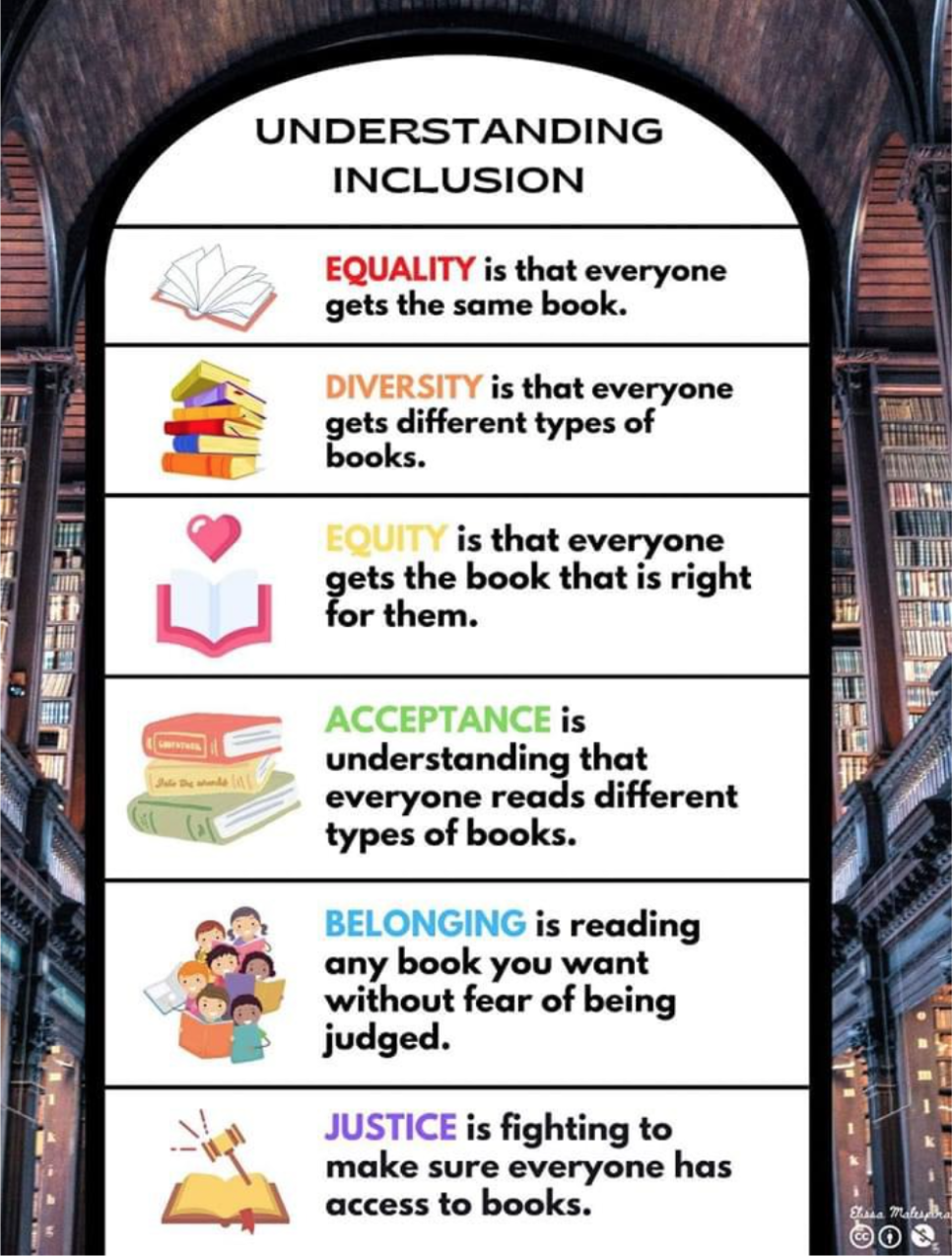
From the Training Plan
- Cultural Diversity and Cultural Competence Meaning: How & Why Diverse Cultural Competency is important?
- How to Talk About Race at Work (35 min), an episode of the Harvard Business Review’s Race at Work podcast, to hear Fran Katsoudas, Cisco’s Chief People Officer, discuss racist comments from several Cisco employees days after the murder of George Floyd and the company’s response.
Additional Resources
- The Bias of ‘Professionalism’ Standards (11 min) from the Stanford Social Innovation Review for a breakdown of the coded language we use in business that privilege white employees and are based in white supremacist culture.
- To Build an Inclusive Culture, Start with Inclusive Meetings (6 min) from the Harvard Business Review, which introduces 3 Cs for inclusive meetings and a checklist to help achieve them.
It has almost been a year that YWCA Northeast Indiana’s Racial Justice program has been operating. Our Racial Justice platform focuses on community education and advocacy. We invite you to peruse our website, which features monthly Racial Justice blogs. The Racial Justice blogs are created to engage social dynamics and inform about the impact of experiencing racism.

From the Training Plan
- Facing Discomfort: A Welcomed Necessity in Addressing Racial Injustice
- Identity, Ideology, and Imagination
- Subscribe to receive monthly racial justice emails from YWCA Northeast Indiana.
Additional Resources
- When You Find Yourself At A Crossroad
- Gentrification in Fort Wayne
- The Neighbor Next Door
- The Changing Same
One platform YWCA Northeast Indiana’s Racial Justice program focuses on is community education and advocacy. This week’s focus will be our Diversity Dialogue series. This series is designed to highlight various community partners and initiatives that are occurring in our communities.
From the Training Plan
- Thankfulness & Diversity
- Criminalization & Race: No More!
- Save the date for our upcoming 2024 Diversity Dialogue events!
Additional Resources
YWCA Northeast Indiana is offering two new community education opportunities for local organizations. Consider scheduling a training opportunity to continue your racial literacy journey while sharing with others the importance of Allyship in our community. Find more information on our website.
Diversity 101 Training for Businesses:
This interactive two hour training can be customized for your organization. This presentation looks at key terms, issues, implicit bias and provides resources for diversity within your workplace.
Basic Presentation: 1-1.5 hours for up to 20 participants. $200 ($100 with nonprofit discount)
In-Depth Presentation: 2-3 hours for up to 20 participants. $400 ($200 with nonprofit discount)
C.A.R.E. Workshops
C.A.R.E (Cultivating Allyship and Racial Equity) is a series of four workshops that is created to encourage racial literacy at individual and organizational levels. C.A.R.E. expounds upon the lessons of Diversity 101 by incorporating self reflection and social awareness activities.
Full Day: 7 hours (8 hours with a lunch break) for up to 100 participants. $3,000 ($1,000 with nonprofit discount)
Split Sessions: 2 hours weekly over 4 weeks (8 hours total) for up to 100 participants. $3,000 ($1,000 with nonprofit discount)
To request a racial justice training, fill out this form, or email Heather at hessex@ywcaerew.org.
